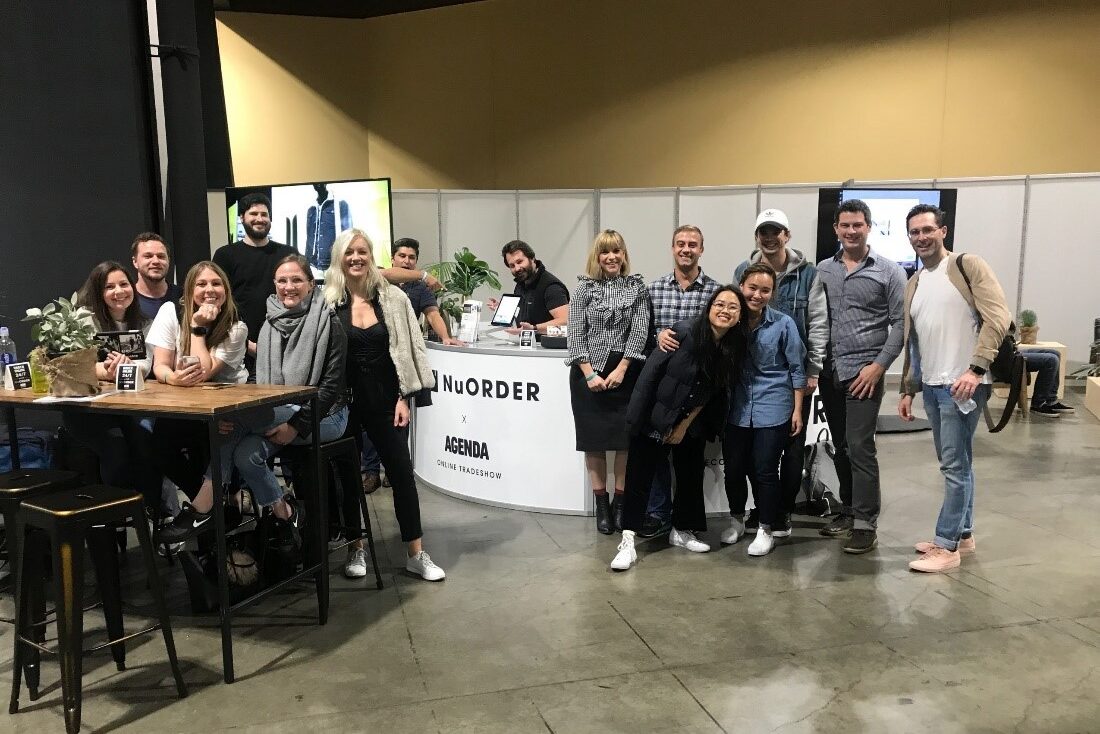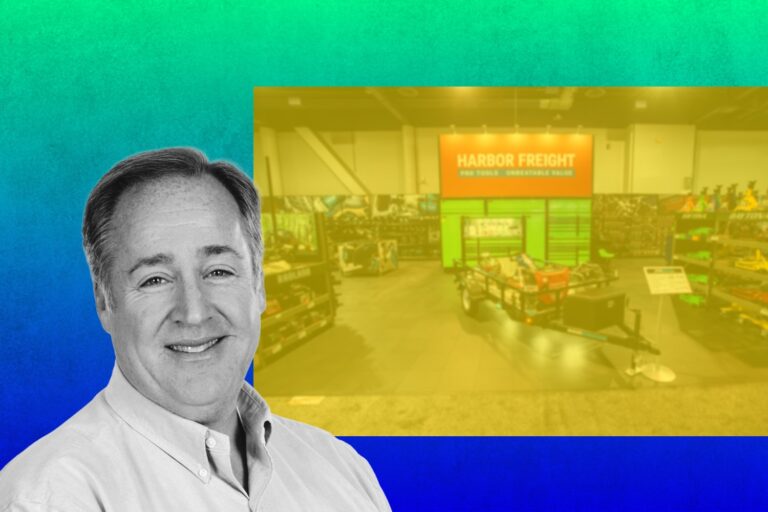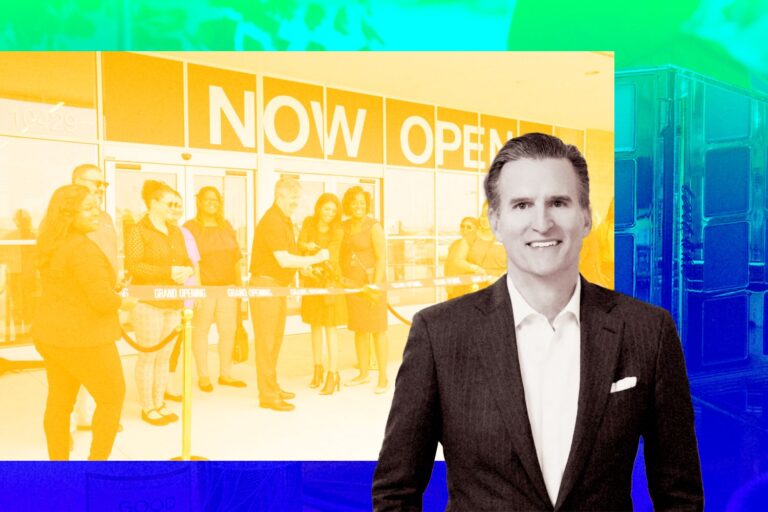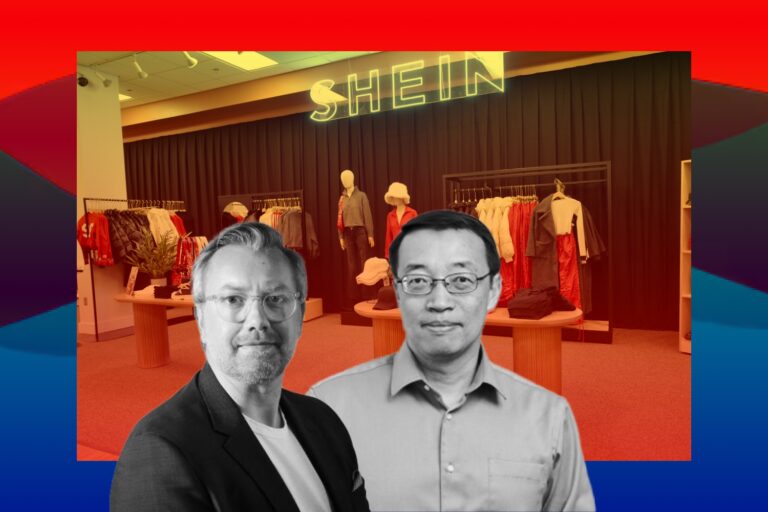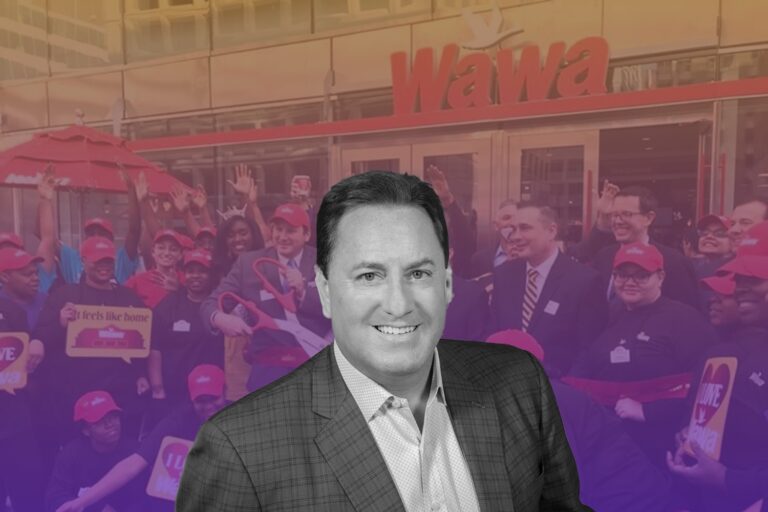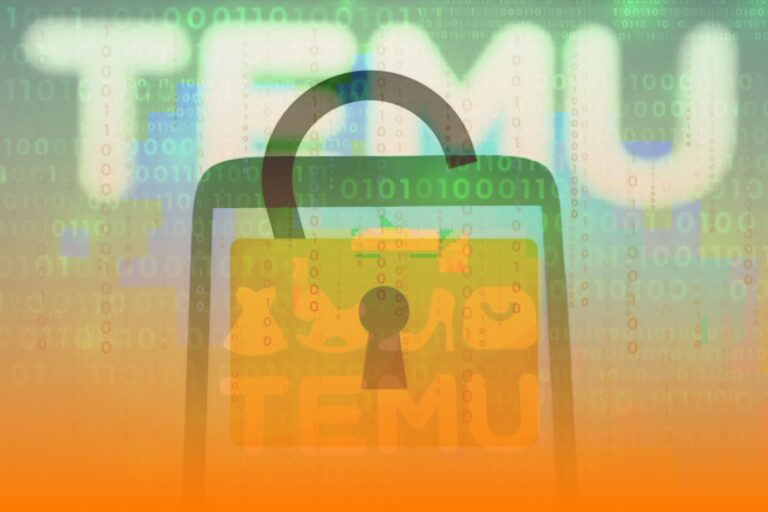How NuORDER Rethinks the Routine of Commerce & Discovery within Wholesale Sphere
A brand can print a catalog of products, but it will only be accurate for a short period of time, as product catalogs and inventory changes by the day, hour or even minute. That is why the demand for digitizing the buying and selling process has been increasing.
NuORDER is a wholesale e-commerce platform offer the digitized solution for leading global brands and retailers. Headquartered in Los Angeles, California, hosting more than 3,000 labels, such as Tom Ford, Ermenegildo Zegna, Acne Studios and Shiseido, and 500,000+ retailers, including Nordstrom, Bloomingdale’s, and Saks Fifth Avenue, the B2B platform supports thousands of market appointments and processes over $38 billion in orders globally across more than 100 currencies.
Selling Current Company for Being a Startup
Back in 2010, Heath Wells and Olivia Skuza were running a digital agency in Los Angeles for premium fashion brands when they came upon the idea for NuORDER. They were witnessing, firsthand, the dramatic shifts in B2C e-commerce, and the resulting incredible experiences and benefits brands were delivering their retail consumers. At the same time, they walked the halls of the large fashion trade shows, where many of their agency customers conducted their wholesale businesses and noticed just how antiquated and broken the process there was.
They realized that the differences between B2C and B2B at that time within the same brands were staggering! The entire wholesale process was antiquated — brands were using printed catalogs and line sheets to merchandise their products. Buyers were using pen, paper, and fax machines to place orders. Nobody was leveraging digital, e-commerce or mobile.
The two co-founders saw just how much this was hindering sales and hurting the businesses of both brands as well as retail buyers. They knew they could provide their customers with a better way. That was why Heath Wells and Olivia Skuza decided to sell their media company in Australia prior to moving to Los Angeles and used the proceeds to initially fund NuORDER.
“We knew that to grow and make NuORDER successful, we needed to raise capital, but neither one of us had any experience in raising money. Needless to say, we had many unsuccessful meetings with VCs initially. We honestly just didn’t know what we were doing. But we didn’t give up. We kept moving forward, learning from each “no.” We slowly, but continuously, improved each pitch and continued networking with every possible investor.” – said Wells.
The story turned into new leaf when one day, they were working out of a Dunkin Donuts and accidentally ran into David Tisch, the now famous Seed investor from NY. David understood the problem within the wholesale industry they were solving with NuORDER, and immediately began making calls and sending emails to potential investors from inside the restaurant. He also helped them structure their pitch in a way that better resonated with investors. Within one month of that chance encounter, they had closed our initial Series A with Upfront Ventures (Southern California’s largest venture fund).
How Does NuORDER Help Its Customers?
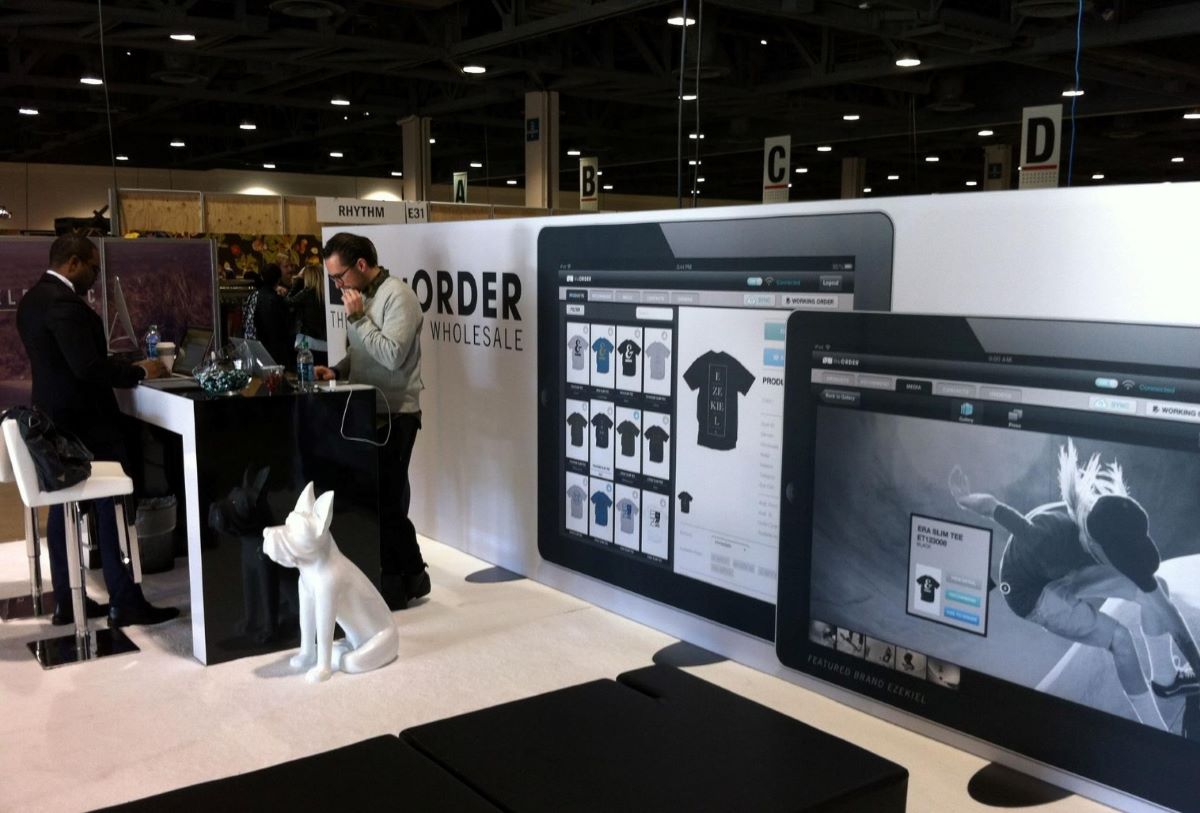
NuORDER enables brands to ensure their product and inventory selection is always accurate and up to date. This not only allows brands to sell more with less effort, but also gives retailers an opportunity to acquire inventory more quickly and effectively. The NuORDER platform has two sides, wholesale brand and retail buyer.
On the wholesale brand side, the platform provides a merchandising and sales platform for the brand to display their products, created personalized offers for specific retail buyers and drive demand through marketing campaigns. It also enables sales reps to take orders, as well as approve and edit buyer-submitted orders.
On the retail buyer side, NuORDER provides a B2C-like eCommerce experience for discovering brands and products, reviewing offers, and placing orders. Both the brand and retail buyer applications are accessible through the web and iOS mobile apps.
Identifying The Difference
Traditionally, wholesale buying has been a broken and time-consuming process that required dealers to keep track of over 100 logins to place seasonal orders, and then spend days or weeks manually keying the information into their POS system. Now, Grassroots retailers will have one login to place orders with hundreds of brands on a single streamlined platform.
What makes NuORDER different from other platforms is about how it pulls both sides together into a single platform, and how it allows brand to sell more effectively to unlock all the value for the retailer. For example, it ran an industry survey when Covid-19 hit to ask retailers questions like, “How many orders are you going to cancel?”. Then, it can then communicate to our customers’ findings on what we were anticipating from the retail community.
“It’s an ambitious and worthwhile goal to create a buying system that overcomes the historic challenges faced by independent retailers,” said Rich Hill, president of Grassroots Outdoor Alliance. “Working with NuORDER is a key initiative in the Grassroots digital strategy and aims to directly improve the bottom-line financial health of retailers by improving their ability to visualize, budget, plan and buy.”
There are many reasons for this difference, but here are three typical ones:
#1. Multi-vertical platform:
NuORDER is the only platform that operates across many verticals (10+). Its technology supports that unlike other in this space. Think of a typical department store – e.g., luxury, apparel, footwear & accessories, sports & outdoor, beauty, consumer electronics and more. It has been able to support over 500,000 retailers and 2,000 brands and support the intricacies and nuances required within each vertical.
#2. Exclusive retail partnerships:
Unlike other software, it has exclusive relationships with major retailers in the states and quickly expanding globally. This company signed its first key partnership in 2018, with Nordstrom to launch the industry’s first collaborative assortment planning platform to streamline the market-to-order process. It is expanding its retailer network quickly and it’s unlike anything that exists in the industry today.
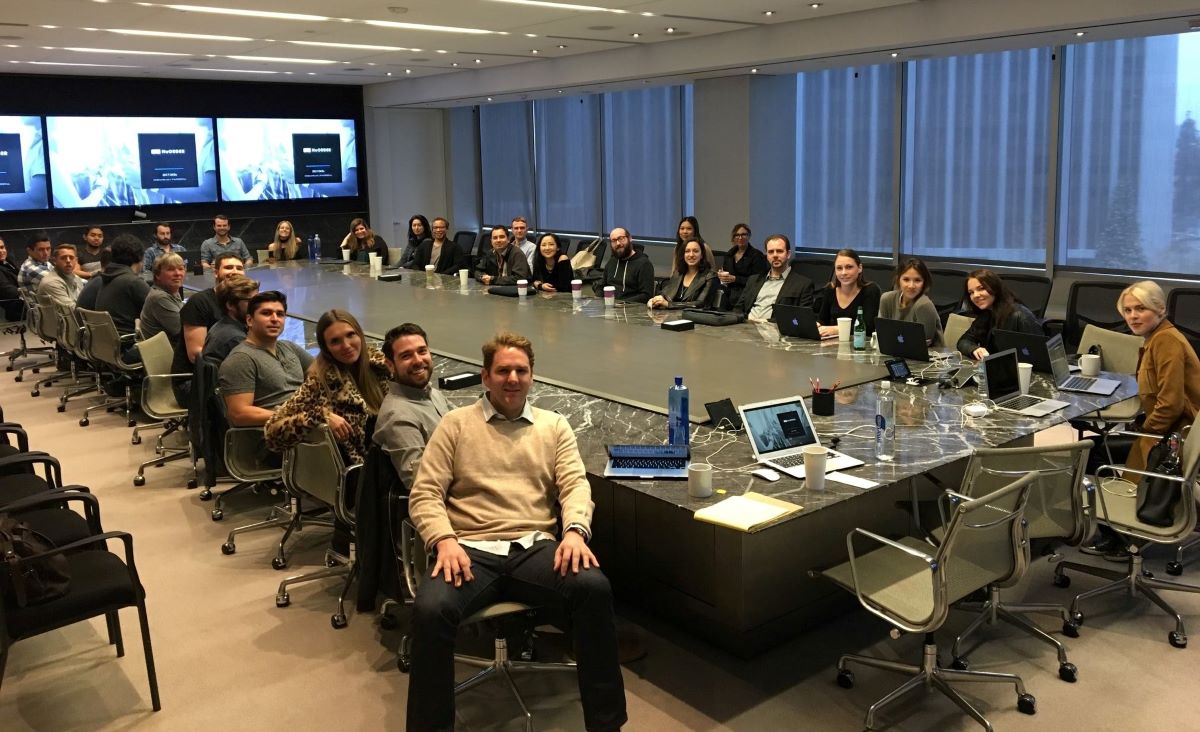
#3. Depth of features:
NuORDER is a technology led company first and have always been the leader as it relates to driving feature functionality that drives meaningful ROI back to brands and retailers. Brands choose NuORDER because it can support their business globally, across multiple categories with large teams, and can support complex pricing and customer segmentation, etc.
What Evolutions are NuORDER Making in the Wholesale Industry?
With innovative technology and data driving processes at its core, empowering businesses of all sizes with enterprise-level technology, NuORDER is changing tradition process of commerce and discovery. Here are three significant changes.
Change #1: The Real-Time Moments Between Brand and Retailers
Now more than ever it’s critical for both brands and retailers to present the best product offering to consumers, and that includes the online experience. Retailers need to assort their products and ensure that they have compelling offerings, whether it’s a physical store or an online environment. NuORDER creates complete transparency by creating real-time moments between the brand and retailer.
Historically, retailers would have to physically call brands to ask what products they have on hand to purchase. Now, buyers are able to see new products as soon they become available for wholesale buys. By this way, brands are able to boost orders as they see what buyers are interested in from their live inventory, which drives immediate business. This would not be possible in the traditional method of selling in which retailers are looking at physical catalogues from brands.
Brands are also able to view buyer activity, order history, seasonal comparisons, best sellers, and inventory reports, as well as view daily order logs and year-over-year comparisons. Then, they can adjust their operation due to real-time situation.
Change #2: The Engagement of Technology
The pandemic has forced everyone to adopt a technology platform. Before, there were buyers flying around the world, collecting samples, or taking photos on iPhones and then trying to marry that with Excel sheets. We hardly got any visualization of a total assortment on a spreadsheet. It was ineffective, meaning retailers were doing their best, but really had one arm tied behind their back — simply put wholesale was broken. Putting NuORDER aside, new technologies are good for the industry because it’s going to be a win-win for everyone.
As business moved online overnight in 2020 to account for pandemic restrictions and non-advisable travel, NuORDER’s digital solutions buoyed many of fashion’s grounded physical events, partnering with the likes of Milan, Copenhagen and New York fashion weeks and American trade show group Informa Markets Fashion, which owns industry stalwarts Coterie, Magic and Micam — requiring just an internet connection and login for event attendance.
According to NuORDER’s Future of Wholesale report, nearly every respondent reported using a B2B software solution in 2020. They think about B2B e-commerce for both the brand and the retailer. On one side, a brand needs selling tools, visual line sheets, virtual showrooms, inventory, etc. On the other side, retail needs a cross-brand buying experience and an easy way to view the total assortment online.
Change #3: The Green-Going
Not only being useful in boosting sale, NuORDER also helps its brand clients go green.
Traditionally, the wholesale process is paper-intensive: brands printed and shipped millions of pages of product catalogs to retail buyers. Besides, frequent product changes required complete reprinting. And because catalogs included all products, rather than a curated set personalized to each buyer, much of those printed pages were discarded or ignored. The typical NuORDER customer used to print and ship 5,000 copies of four different 250-page color catalogs 3–4 times annually. That’s 20 million sheets of paper (approximately 2,400 trees).
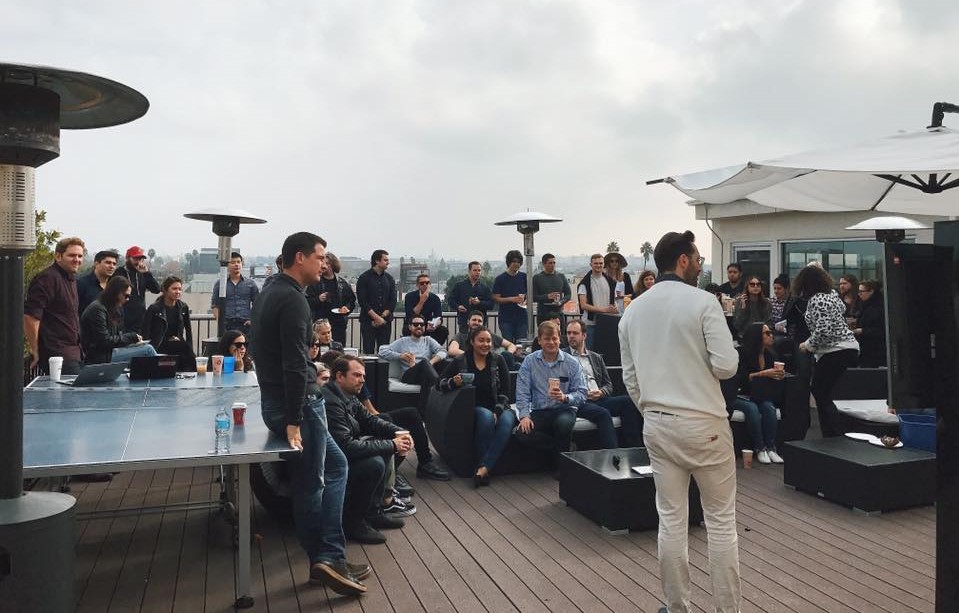
With NuORDER, brands can go almost entirely paperless. Rather than bulk printing a one-sized fits all catalog, NuORDER’s customers personalize catalogs and line sheets for each buyer, and email digital copies for online ordering. Not only does this process make the wholesale ordering process much more efficient, but it also has a tremendous positive impact on the environment.
The Company’s Agility during Covid-19
“Forecast and planning is also a pain point for people — it’s a finger-in-the-wind type of thing. But we have the aggregate and standardized product data to inform our partners’ buying decisions, which we currently leverage on the retail side in terms of optimizing size and allocation models. We help them make those decisions. Solutions around forecasting and planning is the area that the Future of Wholesale survey respondents reported as holding the highest value in the B2B market.” – said Wells.
When Covid unfolded, smaller brands had no other choice than to sign up to platforms like NuORDER, despite the challenge they have to afford its service. Indeed, 37 percent of surveyed respondents not using a B2B solution said it was due to budget restraints. That was when this company had strategic moves to help small brands.
“We felt it was our duty to help as best we can, so we started NuORDER Now. It is a free service that allows smaller companies to create and share product catalogues and line sheets, with up to 3 brand users and unlimited access for retailers, as well as learning guides and webinars.” – said Wills.
Besides, this company also focus on marketing education. They run webinars and teach people not just the basics but also how to set up your range and go to market. Tommy Fazio, NuORDER fashion director, has been a strong advocate with New York Fashion Week and Informa Markets Fashion about helping smaller brands and being an advisor to them.
In last September, this company launched a digital trade show which generated a lot of traction, connections and leads — after all, 36 percent of the Future of Wholesale respondents said they rely heavily on tradeshows to secure retail accounts. From that event, they learnt that buyers want curation.
For example, the keywords that buyers searched for the most during Informa Markets’ digital trade shows were “sustainability” and “dropship” — when the brand will ship inventory directly to the customer on behalf of the retailer.
“The great thing about digital is that you don’t need to set up a new trade show to implement findings. We are taking these mass experiences and curating them for specific segments.” – Wills answered in the interview with BOF. Then, with the fashion weeks, they moved to a more commerce-based model.
The Bottom Lines
We are witnessing drastic changes in how brands target and reach stakeholders, with a view to make its process becoming more friendly and beneficial. In the case of NuORDER, this company has successfully offered two-way sales solution by providing both wholesale platform and digital marketplace. With NuORDER, brands can create a more seamless, collaborative wholesale process in which buyers can explore items, design assortments, and make better decisions in real time.

